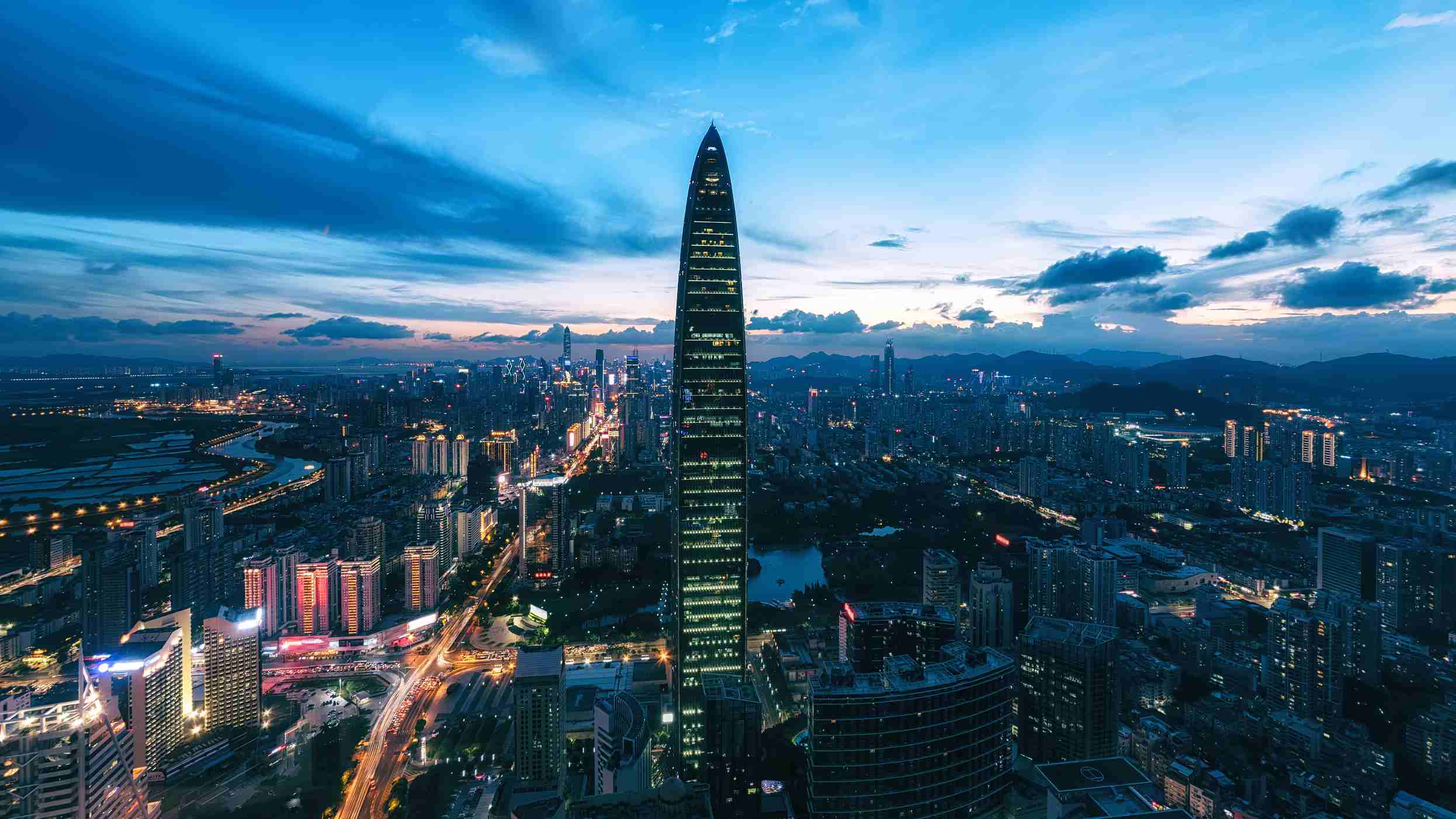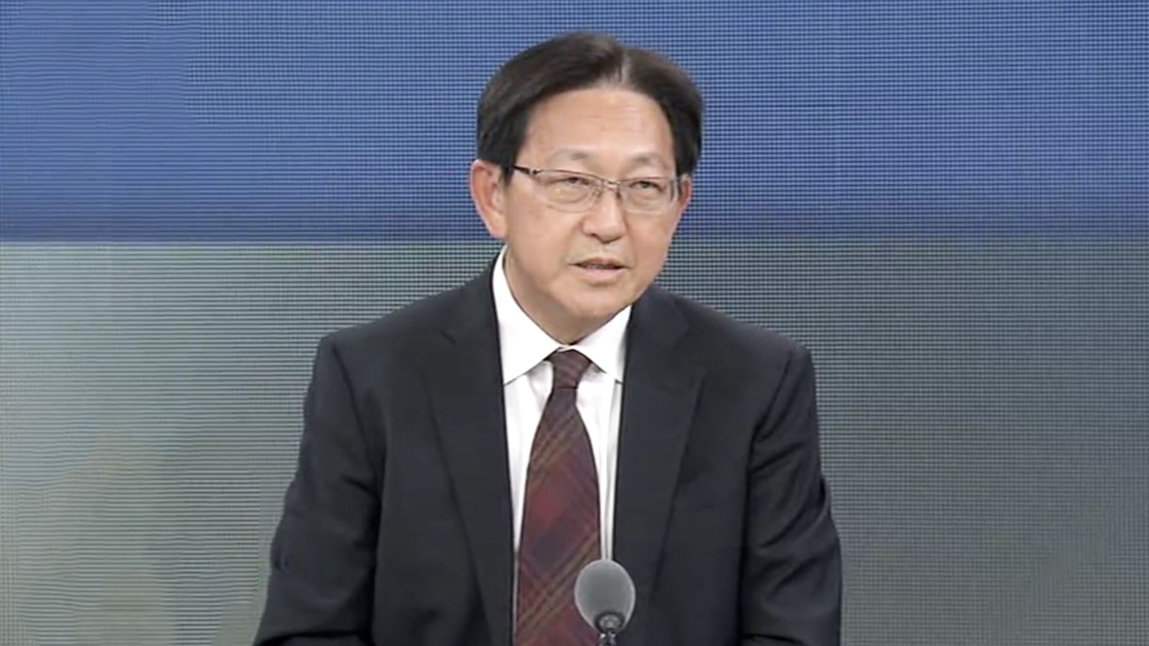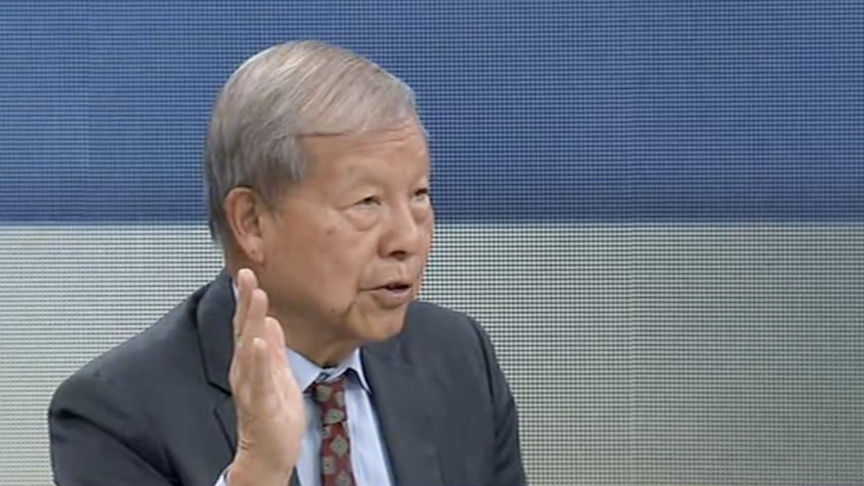
Opinions
19:13, 02-Nov-2018
China becoming an upper-middle income economy: What's next?
Updated
18:15, 05-Nov-2018
CGTN's Dialouge

Over the past 40 years, China's reform and opening up has led to leapfrogging economic development and the expansion of China's role at the regional and global levels, as shown by the close economic ties with its neighboring countries.
While these achievements have become the bedrock for further development, what challenges does China still need to tackle to ensure a steady and sustainable growth path toward a modern industrialized economy?
01:07

Dr. Hoe Ee Khor, who is the Chief Economist of ASEAN+3 Macroeconomic Research Office, pointed out China's economic expansion over the last 40 years was phenomenal. China has moved from a weak economy to an upper-middle economy, lifting millions of people out of poverty.
“Looking forward, we see a lot of catching up for China to do,” added Dr. Hoe, “so we can move ahead to become an upper-high income economy.”
Dr. Hoe expressed confidence in China's future development, saying there's little impediment to the continued growth and China can easily become the largest economy in the world if circumstances agree.
Dr. Yukon Huang, a senior fellow from the Asia Program at Carnegie Endowment for International Peace, summarized China's 40 years of reform and opening-up as practical development consisting of a series of incremental improvements that have evolved and changed over time.
01:58

“Every stage you see a certain problem being tackled, it could be the state enterprises, it could be the financial sector,” explained Dr. Huang.
He also pointed out innovation would be the key to whether China can become a high-income economy. And China is experimenting in ways which haven't been seen elsewhere, a merger between private sector initiatives and state-led incentives.
As a conclusion, Dr. Huang drew attention to the future challenges China might have to face, which include excess capacity arising from the unproductive use of resources, regional problems such as the imbalance between investment in the interior and the coastal provinces, and a tighter budget due to the tax cut.
(If you want to contribute and have specific expertise, please contact us at opinions@cgtn.com )

SITEMAP
Copyright © 2018 CGTN. Beijing ICP prepared NO.16065310-3
Copyright © 2018 CGTN. Beijing ICP prepared NO.16065310-3